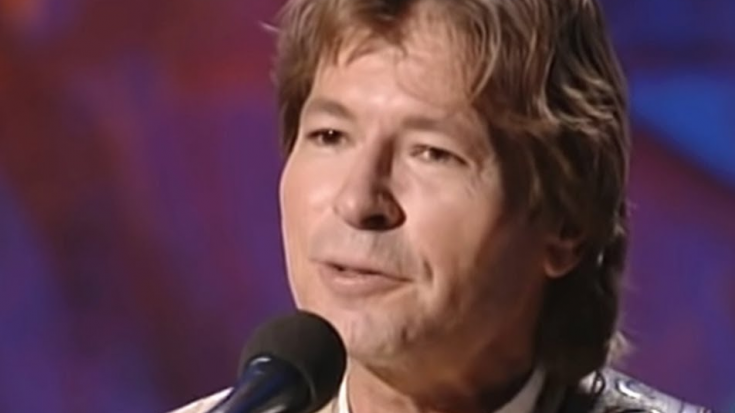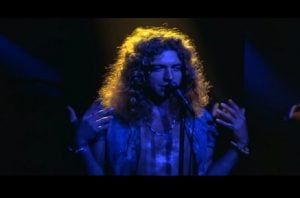John Denver Had an FBI File — And It’s Way Wilder Than You’d Expect

via John Denver / YouTube
John Denver’s wholesome image—marked by songs about mountains, sunshine, and heartfelt emotion—rarely invites suspicion. Known for his gentle voice and peaceful message, he seemed far removed from controversy. But behind the scenes, federal agents were quietly taking notes on the beloved folk singer.
Like many high-profile figures of his era, Denver caught the attention of the U.S. government. According to declassified records, the FBI maintained a file on him—one that wasn’t just a few stray memos but a collection of reports tied to protests, rumors, and even threats to his life. For fans, it’s a surprising contradiction to the image of a man who simply wanted to sing about country roads and Colorado skies.
What’s perhaps most shocking isn’t that Denver had a file—but what was inside. These records reveal how even the most peace-loving public figures were subjected to a watchful eye, especially during times of political unrest. And for Denver, the experience likely came as a confusing clash between his artistic ideals and the realities of being a national figure.
View this post on Instagram
Whispers of the Mafia and a Misunderstood Connection
One of the strangest twists in Denver’s file involves the mafia. Specifically, the FBI discovered his name in connection with La Cosa Nostra, the infamous Italian-American crime syndicate. It’s the kind of link you’d expect in a gritty crime thriller, not the life of a musician who once sang about eagles and Aspen.
Investigators launched a full inquiry into why Denver’s name had surfaced in such a high-stakes context. Ultimately, no criminal involvement was found. It appeared his name had been mentioned in passing, without clear explanation or direct ties. Still, the inclusion was enough to raise eyebrows and spark further scrutiny.
While this mafia rumor turned out to be baseless, the fact that the FBI spent time looking into it is telling. It highlights the often-overreaching nature of surveillance during that era—where celebrity status alone could land someone under a microscope, regardless of their actual behavior.
Peace, Protest, and Political Oversight
The most direct reason for the FBI’s attention appears to be John Denver’s participation in a 1971 anti-war protest. This was a common thread among many artists of the Vietnam era. Though his protest involvement was brief and nonviolent, it was enough to warrant documentation by federal agents.
According to the file, the bureau determined the protest was “clearly political in nature” and chose not to assign informants unless further disruption was discovered. In short, they had no evidence that Denver posed a real threat—but his presence in the political sphere, even peacefully, was cause for concern.
It’s a fascinating glimpse into how artists were monitored simply for expressing views. Denver, whose music carried messages of peace and environmentalism, became part of a larger narrative of surveillance targeting dissent—even the most mild-mannered kind.
View this post on Instagram
Death Threats and the Dark Side of Fame
Perhaps the most chilling entry in Denver’s FBI file came from overseas. A woman in Germany phoned in a tip, claiming that her mother’s boyfriend planned to travel to Los Angeles to assassinate John Denver. Authorities took it seriously, but nothing ever came of the alleged plot.
There’s no clear indication that Denver was ever aware of the threat. It’s a sobering reminder that fame can come with real danger. While many fans adored him, not everyone had good intentions—and the FBI had to keep track of those potential risks.
In the end, none of the material in Denver’s file led to charges or lasting consequences. But the very existence of the file—filled with bizarre links, political red flags, and a possible assassination attempt—adds an unexpected layer to his legacy. It’s a wilder story than most fans could have imagined.











